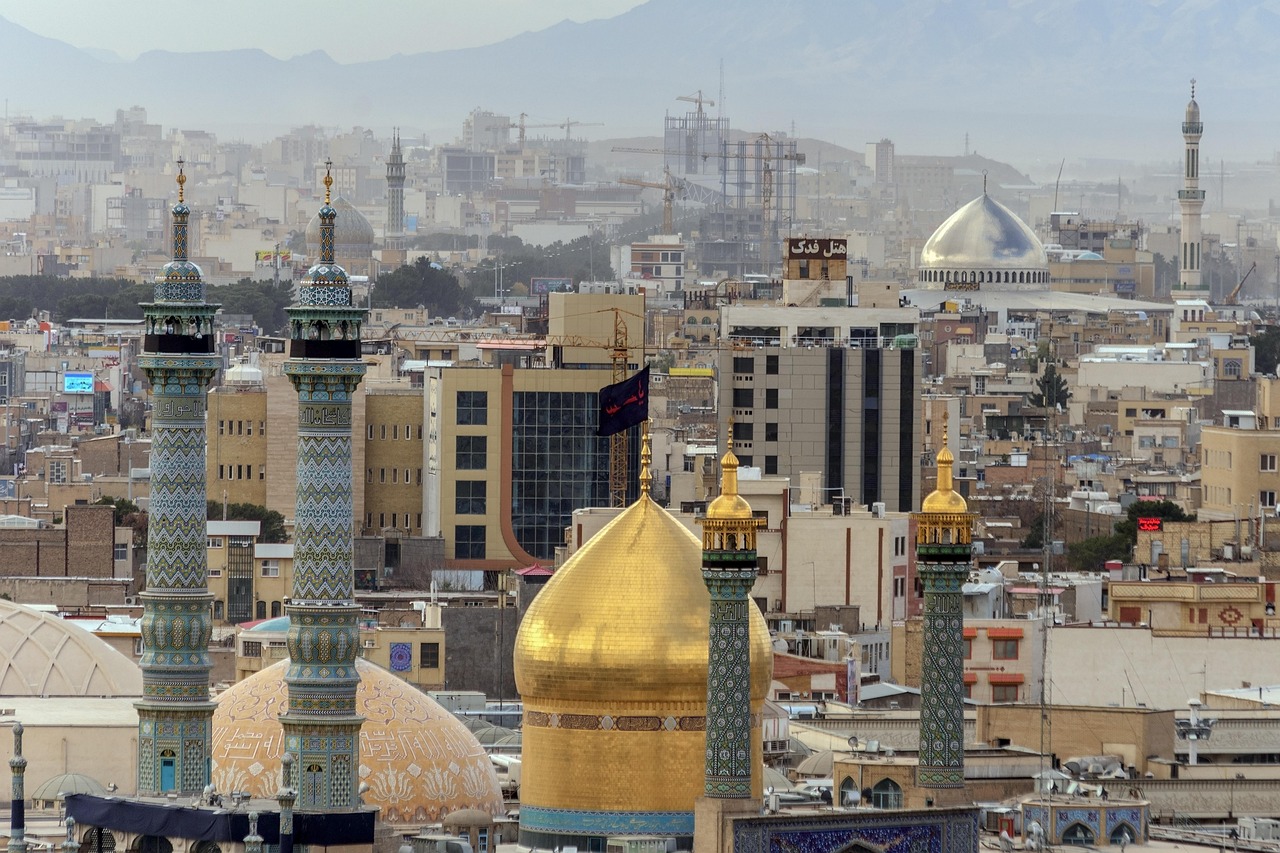World
UN Member States Urged to Confront Iran Over Rising Executions

The deputy regional director of Amnesty International, Hussein Baoumi, has called on United Nations member states to confront Iranian authorities regarding the alarming increase in executions within the country. In a statement made on October 12, 2023, Baoumi highlighted that more than 1,000 individuals have been executed in Iran since the beginning of 2025, a rate not seen since 1989.
Baoumi emphasized that the Iranian government has been using the death penalty as a means to “normalize” the execution of hundreds of people annually. He noted that since the onset of the “Woman, Life, Freedom” protests in 2022, authorities have increasingly resorted to executions as a tactic to instill fear and suppress dissent, particularly targeting marginalized communities.
Concerns Over Fair Trials and Political Charges
Amnesty International has criticized the application of the death penalty in Iran, particularly against individuals charged with vague and politically motivated offenses such as “enmity against God” and “corruption on earth.” Many of these charges do not meet international legal standards for capital punishment. Furthermore, the organization pointed out that executions often follow “grossly unfair” trials, typically conducted in “Revolutionary Courts” that lack independence and collaborate closely with Iran’s security and intelligence services.
Notably, individuals from lower socioeconomic backgrounds and oppressed ethnic minorities, including Afghans, Ahwazi Arabs, Baluchis, and Kurds, disproportionately face the death penalty. This systemic targeting raises significant human rights concerns.
International Legal Obligations and Escalating Trends
Iran is a signatory to the International Covenant on Civil and Political Rights, which asserts the fundamental right to life and prohibits arbitrary deprivation of life. Article 6(2) stipulates that the death penalty may only be imposed for the most serious crimes in accordance with existing law at the time of the offense, and in compliance with the provisions of the Covenant and the Convention on the Prevention and Punishment of the Crime of Genocide.
Additionally, Article 6(4) grants individuals sentenced to death the right to seek pardon or commutation of their sentence. In September 2024, UN experts expressed alarm over the surge in executions, describing the trend as a dramatic escalation that contravenes international human rights standards.
Iran ranks among only four countries—alongside Singapore, China, and Saudi Arabia—that confirmed executions for drug offenses in 2024. Amnesty International reported a significant rise in global executions in 2024, reaching the highest levels since 2015. The escalating number of executions in Iran poses a serious challenge to human rights norms and calls for urgent international action.
-

 Science1 month ago
Science1 month agoUniversity of Hawaiʻi Leads $25M AI Project to Monitor Natural Disasters
-

 Science2 months ago
Science2 months agoInterstellar Object 3I/ATLAS Emits Unique Metal Alloy, Says Scientist
-

 Science2 months ago
Science2 months agoResearchers Achieve Fastest Genome Sequencing in Under Four Hours
-

 Business2 months ago
Business2 months agoIconic Sand Dollar Social Club Listed for $3 Million in Folly Beach
-

 Politics2 months ago
Politics2 months agoAfghan Refugee Detained by ICE After Asylum Hearing in New York
-

 Business2 months ago
Business2 months agoMcEwen Inc. Secures Tartan Lake Gold Mine Through Acquisition
-

 Health2 months ago
Health2 months agoPeptilogics Secures $78 Million to Combat Prosthetic Joint Infections
-

 Science2 months ago
Science2 months agoMars Observed: Detailed Imaging Reveals Dust Avalanche Dynamics
-

 Lifestyle2 months ago
Lifestyle2 months agoJump for Good: San Clemente Pier Fundraiser Allows Legal Leaps
-

 Health2 months ago
Health2 months agoResearcher Uncovers Zika Virus Pathway to Placenta Using Nanotubes
-

 Entertainment2 months ago
Entertainment2 months agoJennifer Lopez Addresses A-Rod Split in Candid Interview
-

 World2 months ago
World2 months agoUS Passport Ranks Drop Out of Top 10 for First Time Ever









